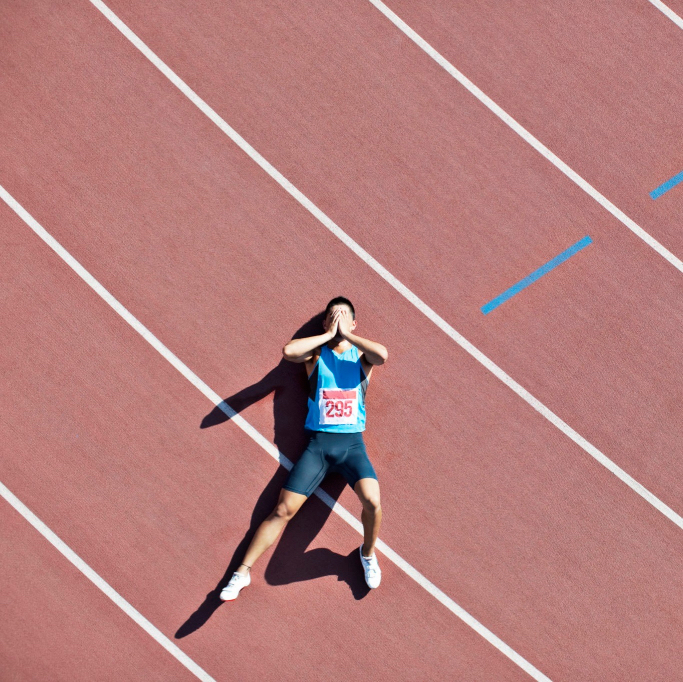Top athletes bring mental health challenges into focus

There has been a stigma attached to mental health challenges across all areas of life, which is beginning to decrease thanks to athletes, celebrities and business leaders who are brave enough to share their struggles, be vulnerable, and discuss the very real, life altering impacts of their trauma and illness.
Competitive athletes, at all levels, realise that sport is a combination of mental and physical skills. Many of those athletes are seeking help and using the spotlight to share their mental health challenges and bring light to this worldwide struggle. Athletes have bravely faced competition throughout their careers, the harsh criticism from the public about their personal mental health struggles can often prove more daunting. It is an act of courage and bravery to be vulnerable and transparent about mental illness, and there have been many trailblazers along the way.
As one brave athlete after another shares their mental health challenges they receive the attention of the media, the public and in so doing encourage others to share and seek professional help.